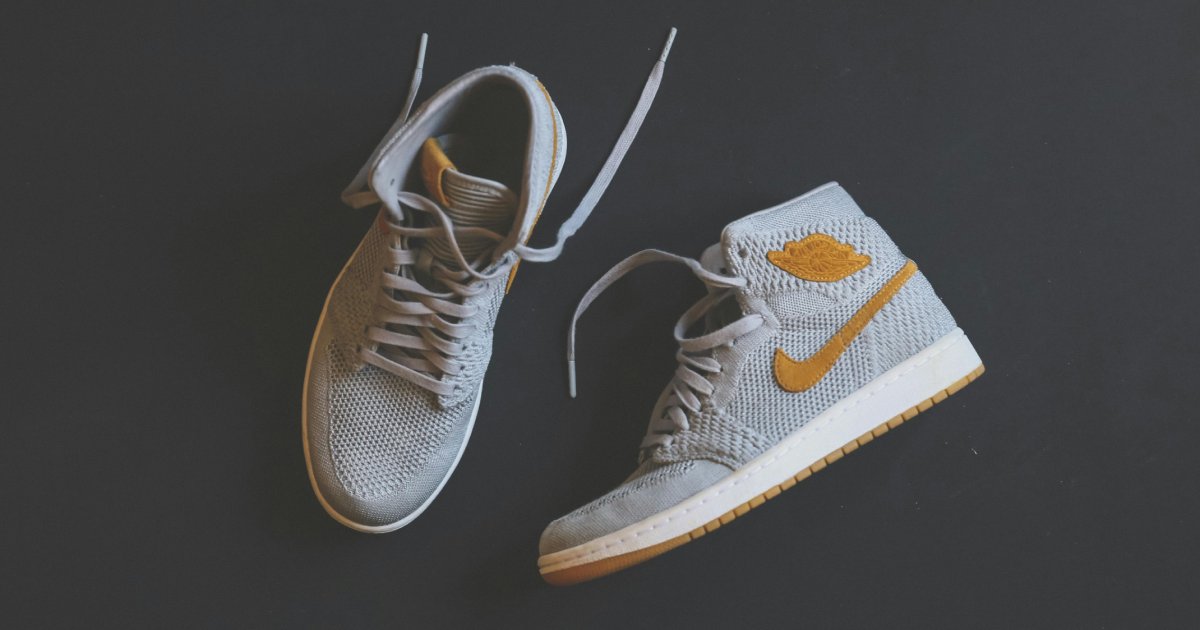The Footwear Industry Braces for Tariffs

By Mark Seavy
In an industry heavily reliant on factories in China, footwear suppliers are bracing for potential tariffs and preparing strategies to avoid retail price increases. This comes after President-elect Donald Trump announced that he plans to impose tariffs on America’s three largest trading partners—Canada, China, and Mexico.
According to suppliers attending the recent Footwear Show New York Expo (FSNYE), the added cost associated with tariffs of around 10% could be absorbed by suppliers. If tariffs are in the 25-30% range, which Trump indicated might be the target, executives said consumer prices will increase.
This would not be the first time suppliers have experienced tariffs on China-made goods during a Trump presidency. Starting at the beginning of 2018, the Trump administration applied tariffs to an increasing number of products. For footwear suppliers, this meant a 7.5% tariff on imports to the U.S. from China, which they absorbed. It could be argued those tariffs worked, as China is now the source of 18% of overall U.S. goods imports (down from 22% at the outset of those tariffs). But in the footwear industry, where in many cases 90% of products are made in China, it is a different story.
“With the earlier tariffs, we could figure out a way to share or mitigate the cost and pass on as little as we could but when you are talking about 30, 40, or 50 percent, that isn’t something a manufacturer, retailer, or consumer can absorb,” said Kosta Nicolopoulos, VP of New Business Initiatives and Brand Development at Green Market Services Co, which has licenses for slippers under the Clark’s and Timberland brands.
Some footwear suppliers have moved production to neighboring countries, an effort that began shortly after the tariffs of 2018 were implemented. Wolverine Worldwide, which owns the Merrell, Saucony, and Sweaty Betty brands, has reduced production in China to a mid-teens percentage this year (down from 40% in 2019), shifting manufacturing to Vietnam, Bangladesh, and Indonesia, CEO Chris Hufnagel said.
SG Companies, which licenses many brands, including the Authentic Brands Group’s Sperry label that is launching in the spring for boat shoes and girls footwear, is weighing shifting some production to Cambodia, said Kristy Yvars, VP Licensing and Marketing at SG Companies. And at footwear supplier Steve Madden, the company is developing production capabilities in Vietnam, Cambodia, Mexico, and Brazil as its moves to reduce its reliance on China to 40-45% of manufacturing from the current 70%, company officials said.
Many suppliers still rely on some materials from China, however.
Another strategy to deal with the tariffs could see some suppliers asking licensors for concessions on minimum guarantees if tariffs are in the 25-30% range. A tariff in that range could potentially add $10 to the price of $30 footwear, making it a non-discretionary purchase for consumers, licensing executives said. Royalties for footwear are typically 12-16%.
“At every one of our meetings [with retailers] we talked about tariffs, but we don’t have a real plan yet since we don’t know what the number is going to be,” said Layna Patel, VP of Licensing and Global Partnerships at GroundUp, which recently signed a new footwear agreement with Hershey for slippers, sneakers, and other footwear. “We are going to try and avoid passing on the added cost to the consumer and we are going to see if we all can absorb a little here and there between manufacturers, retailers, and maybe even licensors. If it turns into a 30% tariff, then [seeking concessions from licensors] is something we might have to consider. Either that or fewer products will be sold, and they [licensors] make less in royalties.”
Outside of tariff concerns, another strategy in focus at FSNYE was a re-examination of entertainment brands.
SG has reduced its reliance on entertainment properties for licensing, parting with MGA Entertainment (L.O.L.), Nintendo, and others. It has maintained licenses for Peanuts and Pacman, however. It also recently signed a licensing agreement for Iconix Group’s Salt Life brand for flipflops, slides, sneakers and boots and will ship its first product under Authentic Brands Group’s Sperry brand for children’s footwear in fall 2025.
“We have really walked away from a lot of the entertainment properties, and we have focused on lifestyle and that has really worked,” Yvars said. “We have a rounded-out portfolio, and we are telling a story and leaning into our capabilities. This has helped us get into distribution that we haven’t spent a lot of time in in the past. We aren’t just a seasonal house [for licensing] anymore and we are being very strategic about which licenses we take on.”




